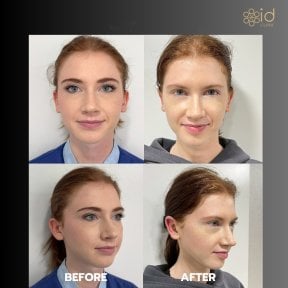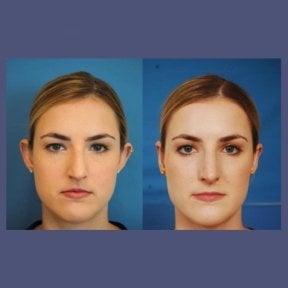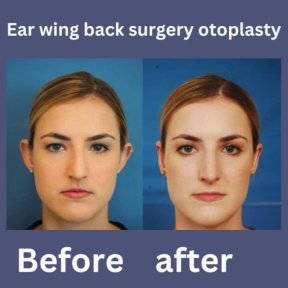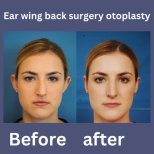Dr Phatcharasak Kraisornphongsakul Md, plastic surgery board-certified since 2000 and a graduate of Khon Kaen University, performs this minimally invasive procedure using permanent suspension sutures. The all-inclusive package, priced at about $1,800, covers pre-operative check-ups, anesthesia, surgery, a compression garment, and hotel-clinic transfers. He has over 20,000 treatments behind him. The Royal College of Surgeons Thailand-accredited ID Clinic Bangkok treats over 4,000 international patients annually.








